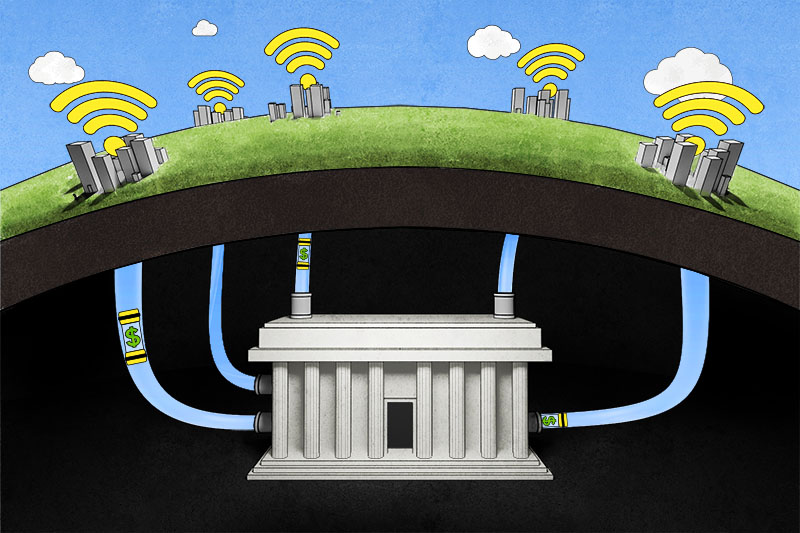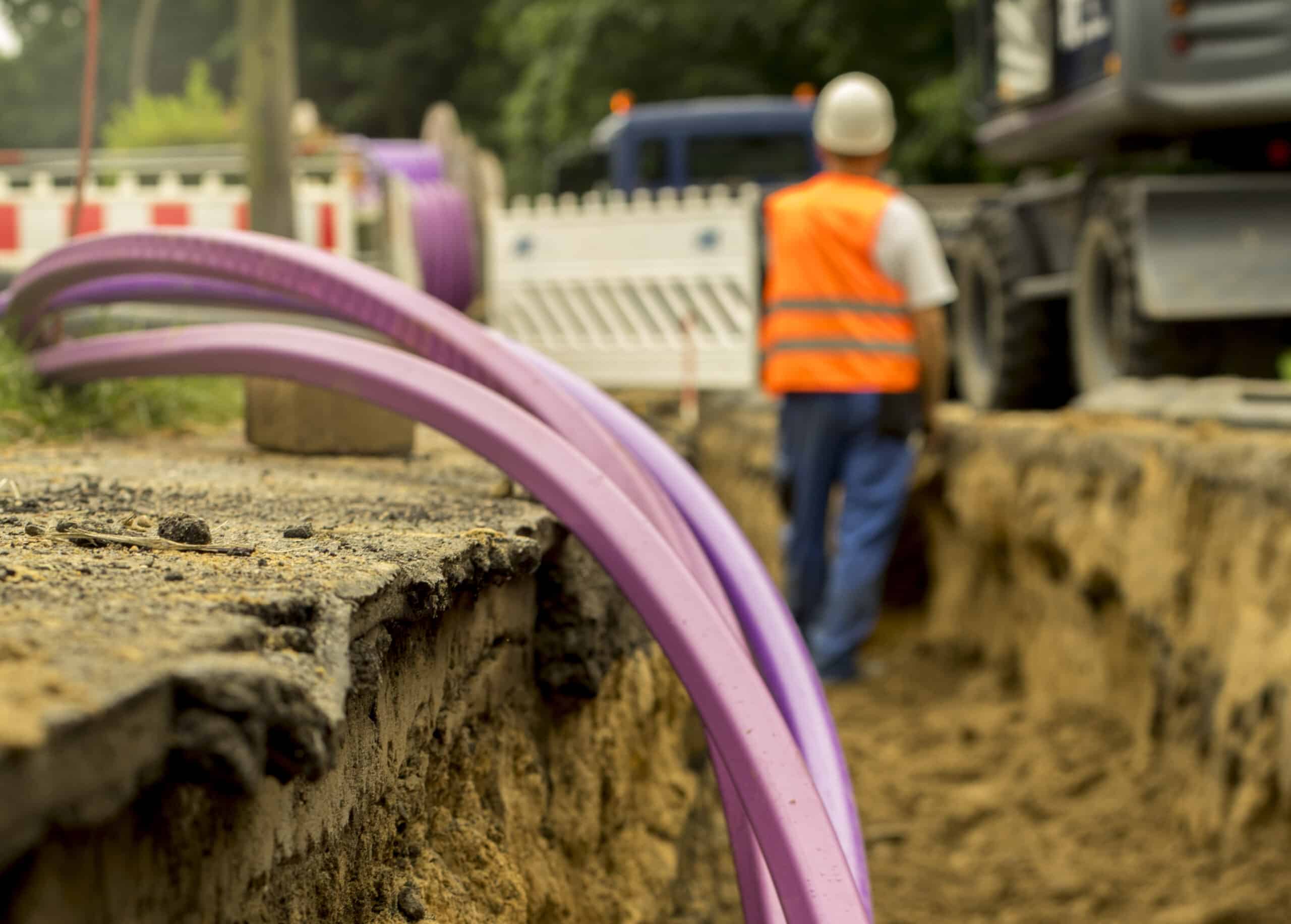Municipal broadband projects have a tenuous track record with inefficiency and transparency. With ambitious projections, municipal broadband proposals are often paid for by public bonds backed by taxpayer dollars with the understanding that subscriber revenues will pay for the project. Yet, when these projects are launched, they fade into the background.
Without basic reporting from municipal broadband providers and cities alike, there is very little to go on to test whether the project is actually viable – or to test whether past projects ever reached viability. The result? Taxpayer money is often funneled into these ventures, and most of the time never to be seen again.
To be clear, local governments have the right to pursue broadband expansion. The issue is that too many projects move forward without a realistic assessment of the costs and risks. Often, municipalities promote the benefits of these initiatives and downplay key financial details—such as projected take rates and future revenues. While this is certainly within their rights, the rights of taxpayers to hold their elected leaders accountable for such decisions is paramount.
SB 165, sponsored by Senator Lincoln Fillmore and co-sponsored by Representative Ryan Wilcox fixes these issues. Under this new law, municipal broadband projects must now disclose detailed financial projections, including revenue expectations and the anticipated timeline for repaying installation costs. Once complete, cities must also produce a report to the public about their municipal broadband projects to give taxpayers an accurate view of how these projects are going. By requiring this level of transparency, SB 165 ensures that residents can see the complete picture before their city governments commit to them – and hold them accountable if they don’t live up to par.
Beyond transparency, SB 165 also strengthens financial accountability. It explicitly prohibits municipal broadband projects from being subsidized—either directly or indirectly—by taxes. All future projects must be bonded on the projected subscriber revenue instead, and no municipal broadband funds may be intermingled with other city funds. These safeguards help prevent taxpayers from being left on the hook when projects fail to reach financial sustainability.
Finally, SB 165 now allows cities to put these decisions to a vote of the people. Although this is not mandatory, and only a few cities will likely exercise the option, this added layer of public participation will ensure taxpayers know the risks and explicitly agree to take them on.
By equipping residents with the information they need to make informed decisions, SB 165 promotes more responsible spending of taxpayer dollars. This legislation is a significant step toward ensuring that municipal broadband projects are financially sound – and at the very least, that all the information is made available to hold municipalities accountable for these projects’ successes or failures.



